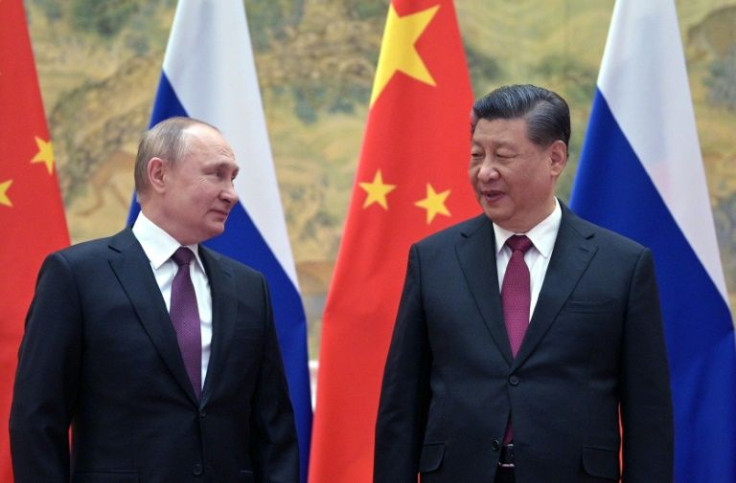China And Russia Send A Double Warning To Japan — It Could Backfire
Russian and Chinese warships sailing near the Diaoyu Islands in the East China Sea sent a double warning to Japan. Russia's message is for Tokyo to stop siding with Washington and its European allies over the Russian-Ukraine war. China's message is that the East China Sea is its sea, like the South China Sea and the entire Asia-Pacific region.
A Global Times editorial explicitly states the double warning the alliance of the two old hostile brothers sent to Tokyo. "Chinese and Russian vessels have the right, albeit different, to freely navigate in the contiguous zone of the Diaoyu Islands of China, experts pointed out, saying that the Russian Navy's recent military activities in the West Pacific is a warning to Japan amid Japanese sanctions on Russia over the Ukraine crisis."
China and Russia's showing of force near its territorial waters come a couple of months after Beijing warned Tokyo not to promote NATO's Asia Pacific expansion. That's after the Japanese Prime Minister Fumio Kishida with British leaders pledging a reciprocal access agreement between the Japanese self-defense forces and the U.K. military.
NATO has been concerned about Beijing's plans to dominate the South China Sea and re-unite with its breakaway Taipei province. The joint showing of naval force near Japan confirms these concerns, according to Juscelino Colares, a professor of business law at Case Western Reserve University.
Still, Professor Colares doesn't think that the warnings will work and may have the opposite effect. "Besides immediately corroborating NATO's view of China as a 'shared security challenge,' this military stunt only solidifies Western resolve against Russia (a major strategic blunder for the latter), as Finland and Sweden move ever closer to full NATO membership," he told International Business Times in an email. "Like the Russians, the CCP has learned nothing from its attempt to conspicuously pressure Australia prior to its decision to form AUKUS. This strategic defeat could not have been bigger after Australia moved ahead with a push to add US-sourced nuclear submarines to its navy. Will Japan be the next major domino to fall completely to the other side?"
Perhaps, join AUKUS. That's an interesting question for Beijing leaders to address.
Meanwhile, Professor Colares doubts whether the convenient alliance between old hostile brothers will last. "True, Russia gains from a military alliance and closer economic ties with China," he explains. "Together, the "formidable" pair can give the West a lot of headaches. But they are also rivals (funny thing China has yet to give Russia the military resources it needs to win more quickly in Ukraine). For now, all we've learned is that Russia is fast consolidating its position as a vassal state to China."
And he has one more lesson for international diplomacy: "Peace remains the best time to strengthen regional alliances and deter war."

© Copyright IBTimes 2025. All rights reserved.






















